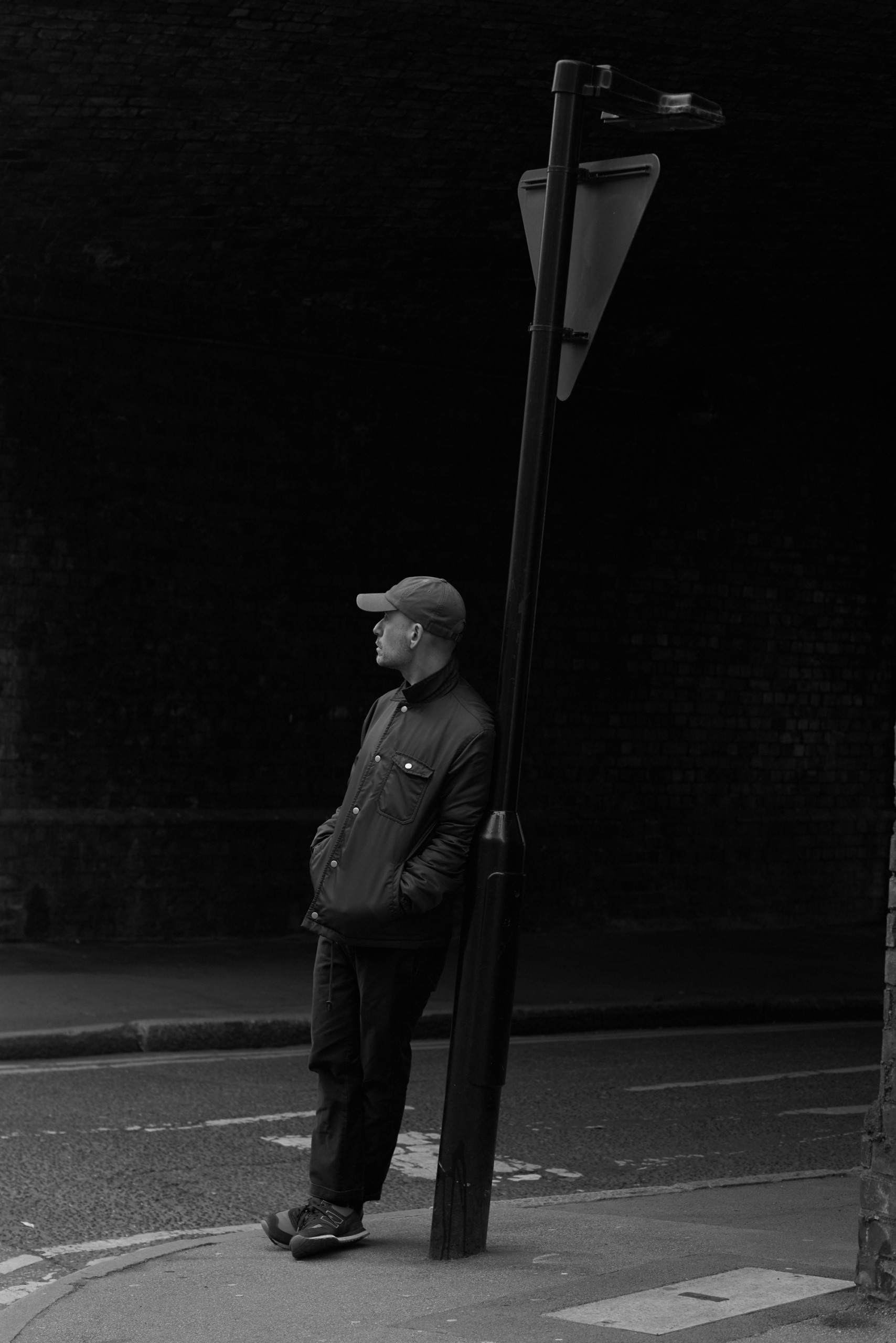
If the term Gay Bar sounds like a monolith, a cultural institution, the California-raised and London-dwelling author Jeremy Atherton Lin’s debut book, Gay Bar: Why We Went Out, blows this idea wide open. Venturing back into the gay bars that shaped his life, exploring their legacy and, in doing so, mapping the history of gay bars across time, he shows us just how varied these spaces are. From underground kink clubs to welcoming lesbian bars and more chichi gay establishments, he celebrates the breadth of these spaces and the communities they foster, but also switches the lights on, looking at the exclusion and cliquishness that can exist within their walls—particularly through his own experience as a mixed-race gay man. What we’re left with is a nuanced yet expansive cultural history of the gay bar, but also much more: a genre-defying journey through queer history and a memoir told through the prism of great parties.
I’ve been excitedly telling a lot of friends about this book, and each time I describe it, something new seems to come out of my mouth. It’s the gift that keeps giving! How do you explain Gay Bar to strangers? When you declare a book “nonfiction,” it’s expected to explain itself. People would give their take, and I’d recognize what didn’t feel quite right. Early on, someone started saying, “So, this is the cultural history…” And I found myself almost barking, “NO!” This being gay bars, it’s got to be messier. I think what helps justify the book’s waywardness is that there can be no grand narrative to gay bars, there’s no Gay Bar Common Era. What’s the first gay bar? Depends on how you define it, how far back you want to go.
I tend to say that I look back on the gay bars where I’ve hung out, with each revealing itself to be a palimpsest of queer histories. And it’s about how those places shaped me. When I first went out, I only knew horrible gay bars, so was I destined to be a horrible gay? And there was this moment, right, when so many gay bars were closing, about five years ago, and it felt like seeing yourself—your category—as sites in a cityscape, now scheduled for demolition. And it made me think about my complicated relationship with gay. If the gay bar is a metonym for gay identity, it’s a dated image— arch, boozy, very delineated. Is it not only the gay bar that’s closing, but gay altogether?
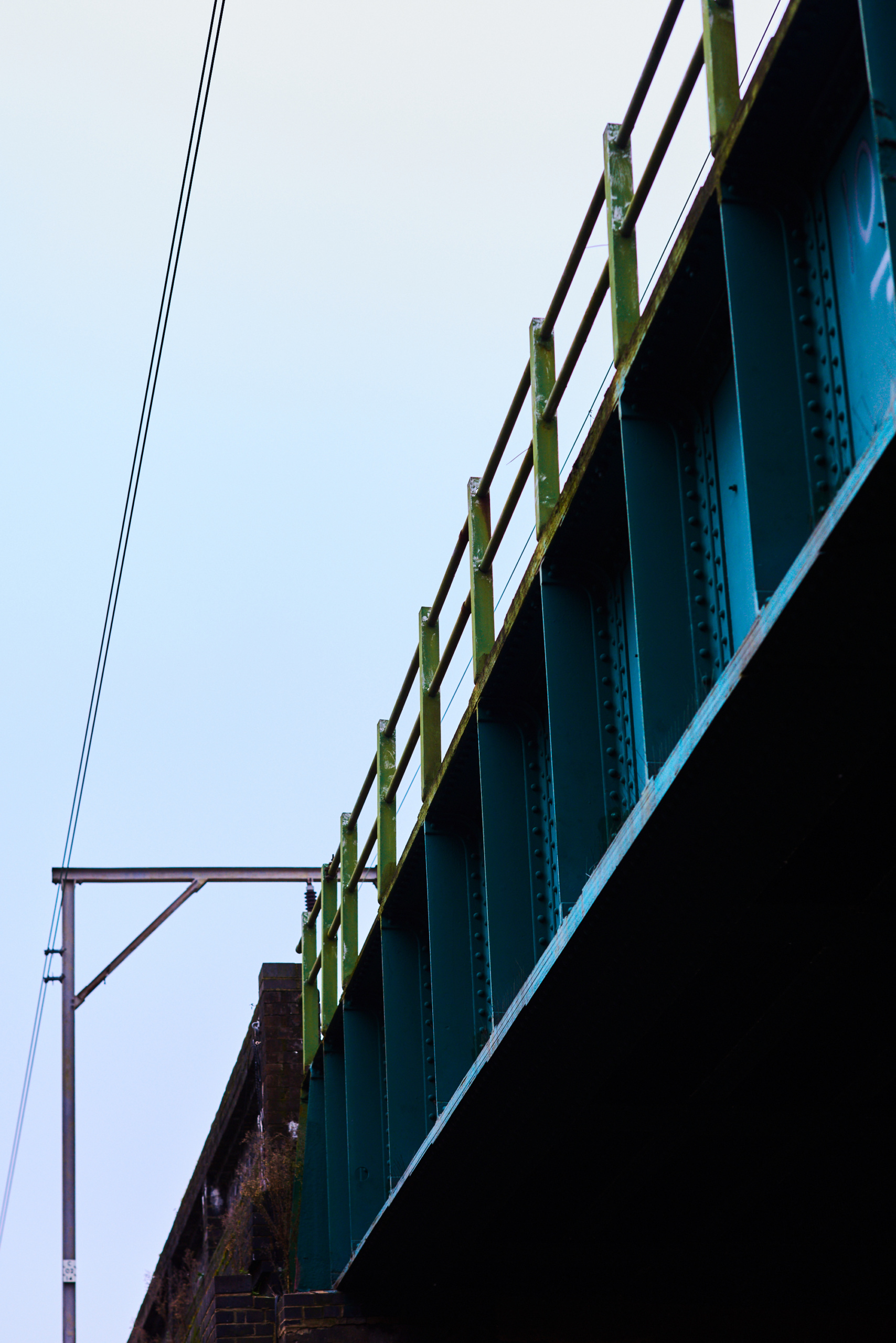
I find your turn of phrase beautiful. I remember a favorite line about taking the night bus home with your soon-to-be boyfriend, and your interconnected hands rolling between one another’s laps like a ball of yarn. When did you start writing, and was it a longstanding ambition to write a book? I’m really always writing our love story. This raises questions, like: how do I avoid fetishizing us as a couple? How do I avoid aestheticizing the sex? But ultimately, I approve of fetishizing and aestheticizing, so the question becomes: am I writing like a camera filming a scene that’s meant to elicit a certain response, or can I find a within-ness. When I was a kid I did a lot of acting, so maybe that’s the solution, maybe I’m not directing the scene, but acting in it.
I wrote a bad short story when I was a teenager, which won an award, so I realized I had energy. Because on some level I knew the story didn’t deserve an award for its language, but the impulse. In college I wrote plays and after that I edited a magazine, which was not right for me, but was instructive about things like how words look on a page. Then I quit and wrote zines and blogs. When you come from that background, it feels like you wrote a zine that snuck itself into the form of a book. Like my book is a kid with potential who was bussed into a posh school. It sits between the covers trying to be polite, but also questioning everything.
Well, not that polite… Gay Bar is very sexy, and opens very viscerally, in a dark room. Why was that the right place to start? It just happened that way, these thoughts coming to me on my knees in a cruise club in the railway arches, and probably the reason it stuck is that it establishes that the spaces I am describing are not going to be utopian. They are complicated. Sexy yet revolting. Exclusionary. Tense. The gay male dark room, is it separatist? Is it supremacist? That cruise club had just opened when gay bars were closing, so it was against that trend, and also against the grain of new inclusive queer spaces. Kind of unliberated, yet there’s this palpable elation in the air. It definitely had to begin with me feeling uncomfortable.
Is “psychogeography” a term you’d apply to this book? I have said that there’s a link, but whereas psychogeography has often entailed a metaphysical aspect, like ley lines, my book swaps in erotics. But I think I don’t easily grab onto the term “psychogeography” because it seems like a straight white dude domain. Do you think? And it became, in the UK, such a middle-class signifier. Like, I’ll just walk and take in the view, but you’re also avoiding being on the bus with the hoi polloi. It was one of those straight white psychogeographers who pointed that out. I do love the films of Patrick Keiller, they’re informative for me. These influences are probably evident to you because they’re so British.
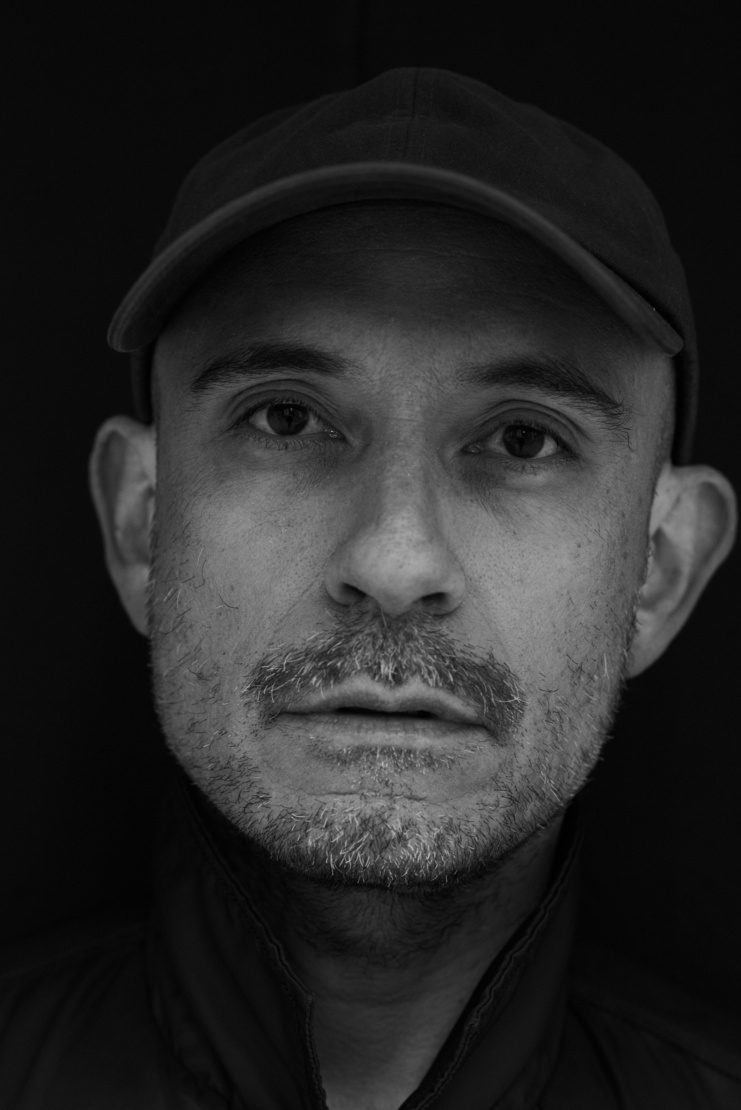
I’m sure you’ve seen the project Queering the Map? [An interactive online map of the world where anyone, anywhere can drop a pin and anonymously leave a queer memory.] Your book made me think of that project often. I have been thinking about how to foster some kind of platform for other people’s experiences—a kind of “My First Gay Bar”. Now that I’ve written a version of my story, it’s time to pass the mic. Certainly in terms of my book being largely focused on male-oriented venues, even if it’s about not fitting into those spaces, there’s definitely a need for other perspectives. Let’s decolonize the gay bar. Shared authorship could be a route. Anonymity could be a route.
We went out to a lot of the same places in East London, although we never met! A lot of those places no longer exist. Is this always a bad thing? A lot of those bars have had an afterlife. The George and Dragon became the Queen Adelaide just up the street. The owners of the Nelsons Head now run The Cock Tavern in South London, which is fun, much bigger, with dancing… I think my book makes a case that things change a lot, and quickly. I realized that I had a very clear vision of what a gay bar is, a cliché gay bar, but that was a relatively recently manufactured type of space, a reaction to AIDS, slick and hygienic. I had just taken that to be the since-forever of gay, but it was only a late-eighties thing. That type of gay bar seems so dated now, but we’ve got queer elders who predate those places, who hung out in scuzzy pubs and secret dungeons and elaborate cabarets. So, there are surprises in store for us, too.
Did you miss gay bars in 2020? Did you discover any other queer spaces? I kind of didn’t miss gay bars. I missed the idea of them, which is in a way what the book is about. In the early days of the pandemic, we had these two- person theme parties at home, where we’d pick the most legendary spot in some super-gay place—Key West, New Orleans, Mexico City. And I’d mix a half-assed thematic cocktail and we’d just check out the bar’s photo gallery and listen to bangers, maybe using Google Maps to determine how long it would take to walk from a lounge to an Italian restaurant to a drag show in Palm Springs. The way we are isolated from one another is terrifying, but you know it’s a mode that I’ve occupied forever. I’m from the suburbs.
If you died and heaven was one gay bar from your life, which would you choose? Okay. Process of elimination. Not a male-only space. No way. And has to have a patio. Rustic decor. I couldn’t stand the gleam of chichi. So, it comes down to El Rio or the Wild Side West in San Francisco, though they’re not precisely gay-identified. They’re lesbian-ish. There’s a song called “Down At El Rio” by Vetiver, a band that was playing around town a lot when I lived there, and the lyrics describe the lemon tree out back, and that sounds pretty heavenly. Most gay bars would be purgatory. At least there’d be drinks.

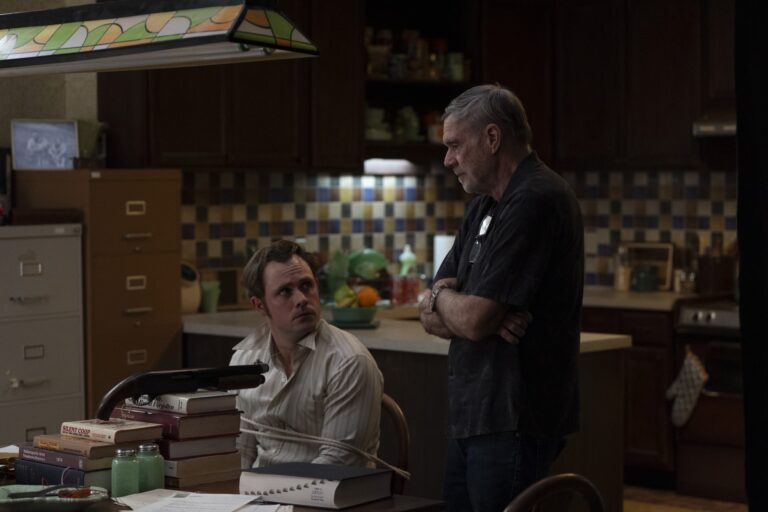
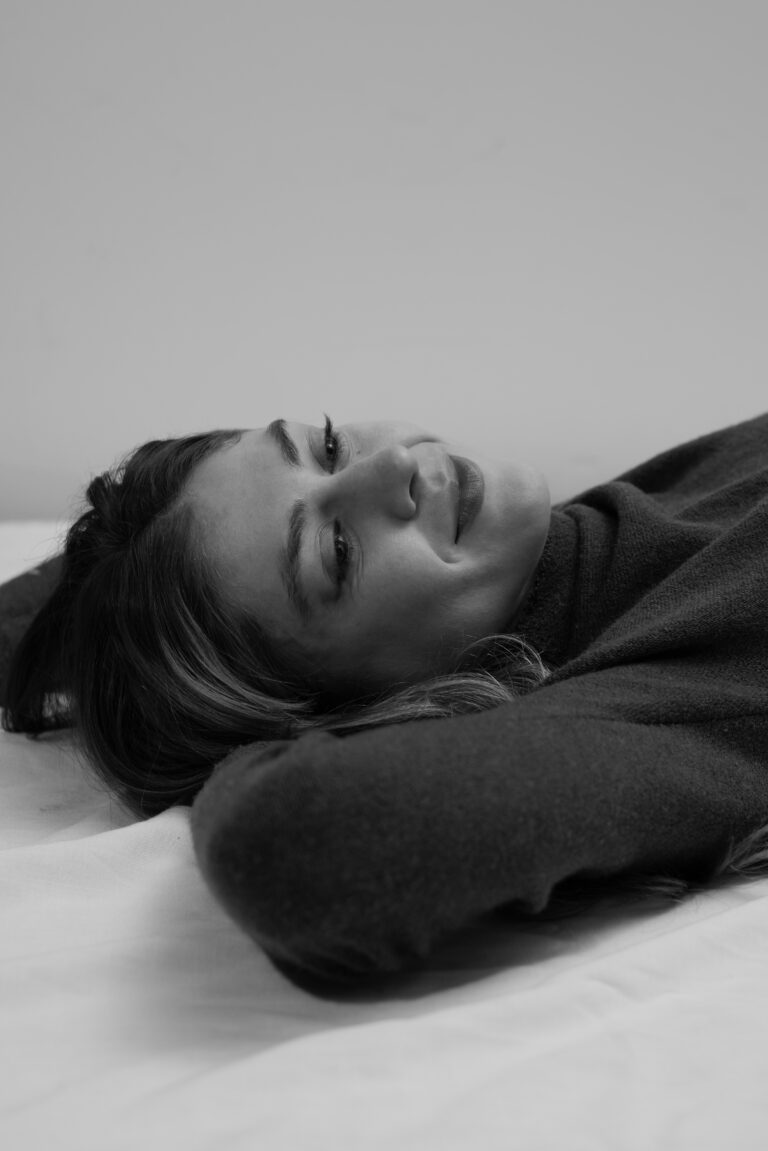
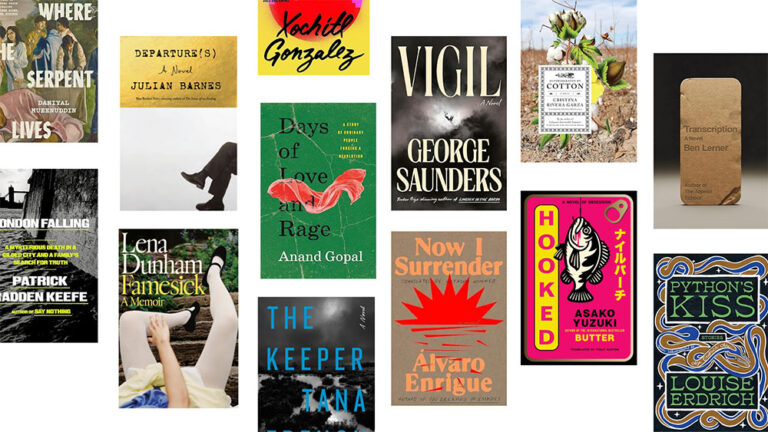
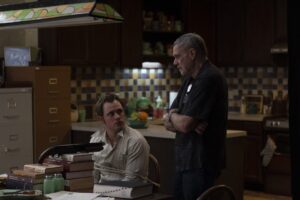

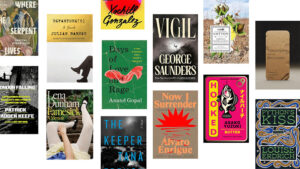



 in your life?
in your life?

